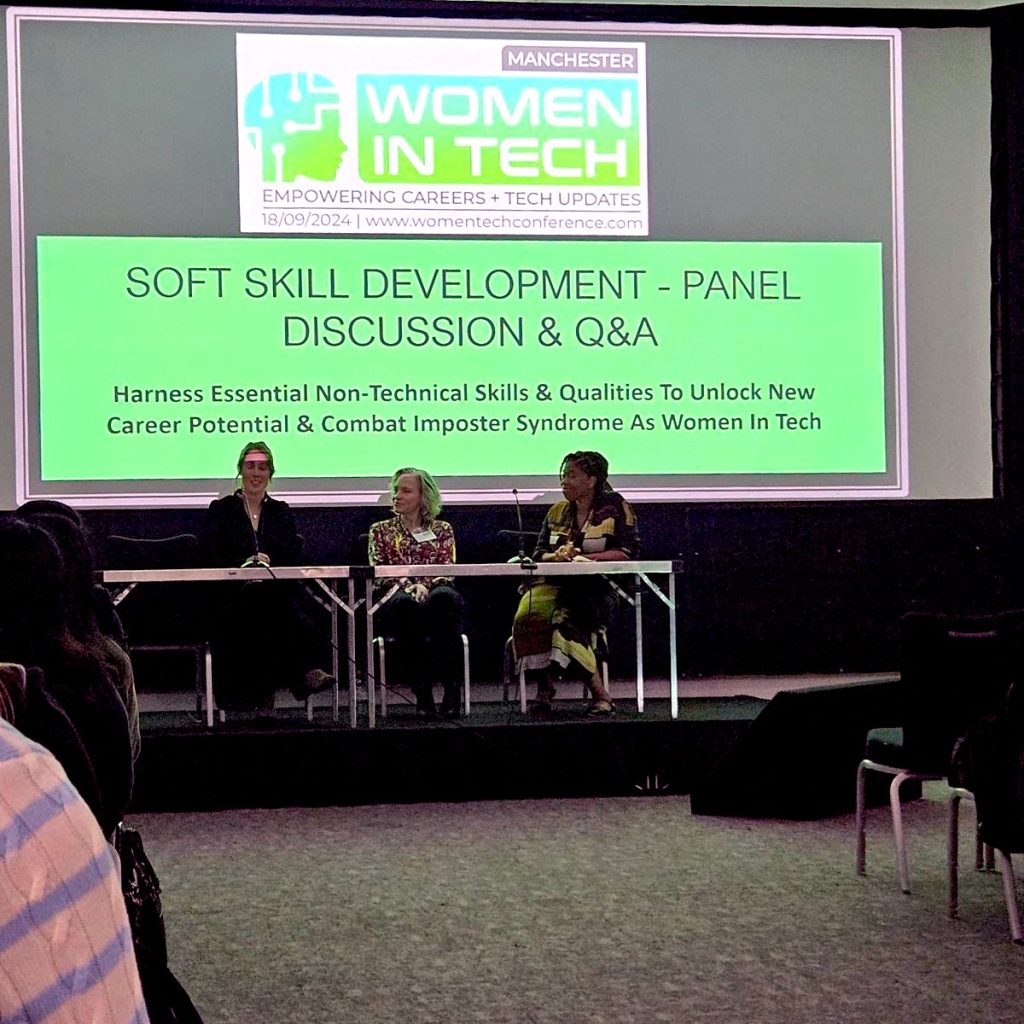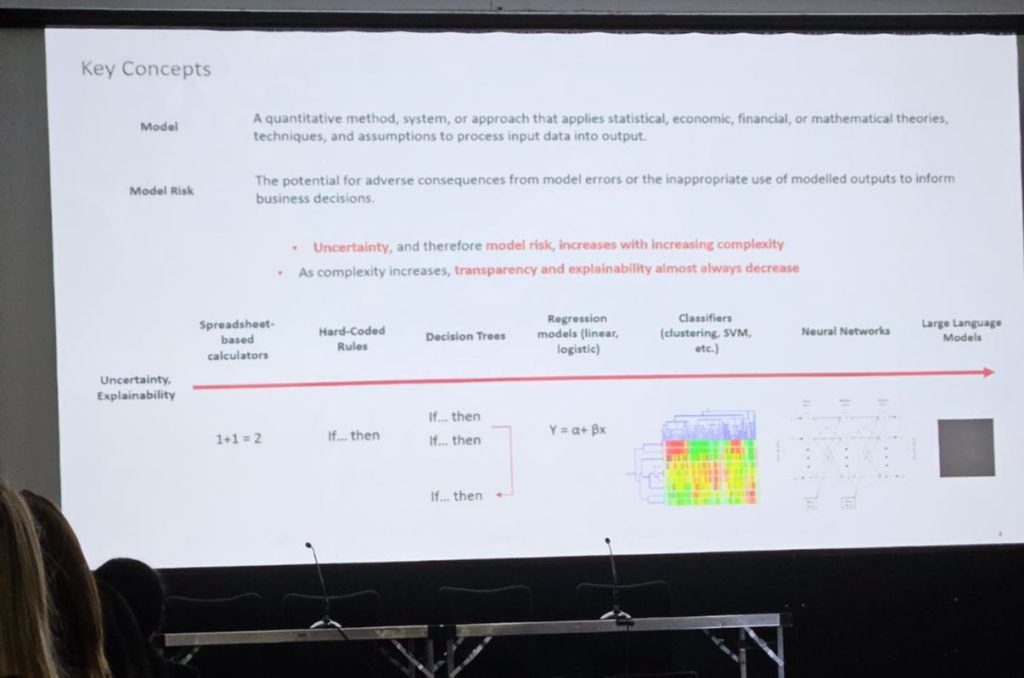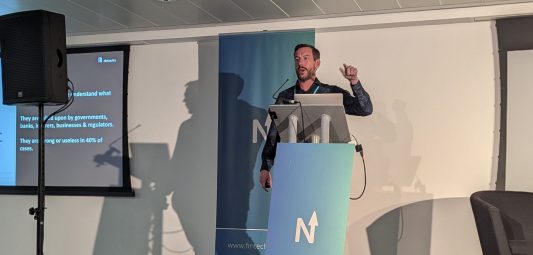Last month, I attended the Women in Tech Manchester conference. It was a new experience for me, attending a women focused event. The speakers were fantastic, creating a vibrant atmosphere filled with stories of empowerment and community and it was energising to feel reflected by the people in the room and to share that space. But I did come away feeling like there were a few missed opportunities that I’d like to reflect on.
Highlights: Inspiring speakers, talented attendees, and supportive networking
The speakers were outstanding. Each speaker was very engaging, and shared invaluable insights. It was also refreshing to see so many women from diverse backgrounds coming together, sharing their experiences and skills for the sole purpose of supporting each other in their careers. As we know, events like these are vital for fostering a supportive network among women in Tech.
The conference also did a fantastic job of discussing some of the challenges that many (if not all of us!) face in questioning our place in the sector and helping us to offset this by embracing our unique perspectives.
Though there are many fantastic success stories of women in leadership in the sector, this challenge still cannot be underestimated and must always be given a spotlight, until it no longer persists.

Potentially missed opportunities
In general, though, I felt that there was a strong over-emphasis on these soft skills, which was a little disappointing, given the other skills and expertise of the women in the room. While these skills are, of course, essential for facing down imposter syndrome, and for career development, I felt there was a missed opportunity to delve deeper into technical discussions.
This could have been a consequence of the broad nature of roles which are available in a sector as broad as “Tech”. And recognising the contributions of women in non-technical roles, and highlighting the challenges of these, is vital. But we also need to be encouraging women to showcase and share our technical expertise whenever we have the opportunity.
The need for technical depth
As someone who works hands-on with tech, I was hoping for more sessions addressing current trends and challenges, such as:
- Keeping up with new technologies: Navigating the latest tools and models.
- Scaling architectures: Discussions on optimising infrastructure.
- Practical cybersecurity strategies: While there was a talk on cybersecurity risks, going a step further into practical strategies for managing those risks.
- Hands-on coding sessions: Workshops that enhance technical skills through real-time problem-solving and live-coding sessions.
These topics would have provided valuable insights for those of us eager to engage in the technical nitty-gritty.
And at times, the conference came pretty close. There was a fantastic theoretical discussion of bringing AI projects to life, from Dara Sosulski, Managing Director – Head of AI and Model Management for Markets and Securities Services at HSBC. This included a fascinating slide which outlined the historic shift in methods of modelling financial risks from logic-based hard-coded rules, to linear logistic models, to LLMs. But the discussion stopped short here, with LLMs summarised as a black-box, the contents of which we don’t need to be concerned with to be able to take full advantage of.

This is true. But an event with a more explicit focus on the technical detail might have encouraged an open discussion of what was actually in that black-box. Some of us might want to understand exactly how the mathematics that underpin AI models work, and not (as was hinted at several times throughout the day) merely use the advancement of AI to help us advance in the Tech sector without needing to be, or get, “too techy”. After all, if it is not women in Tech who are developing AI methods, models, and software, who is it?!
And this is not to take away from the focus of the day, being a woman in Tech. It would have been invaluable, for example, to also share practical tips and tricks on staying ahead of overwhelmingly quickly advancing methods/models/software/hardware while getting on with the day-job and maintaining a work-life balance, which makes out-of-work side projects a beautiful pipe dream for most women.
Final thoughts
I would love to see more women leading technical conversations, full stop. It would be amazing to see more women demonstrating our capability to tackle complex subjects alongside the equally important discussions of soft skills, and the challenges which bias heavily towards being a woman, specifically, in Tech.
While I appreciate the sense of community at women-focused events, I still think that it’s crucial for these spaces to empower women in a much wider sense.
Despite this, I did leave the conference feeling inspired and grateful for the connections made. The conference did celebrate women’s progress in the sector, while highlighting areas for growth, and I came away excited to be a woman in Tech.
I hope future events will just strike a little more of a balance between leadership development and technical deep dives from the experienced leaders in attendance, better blending empowerment with technical innovation. Maybe this is an event for another day.


